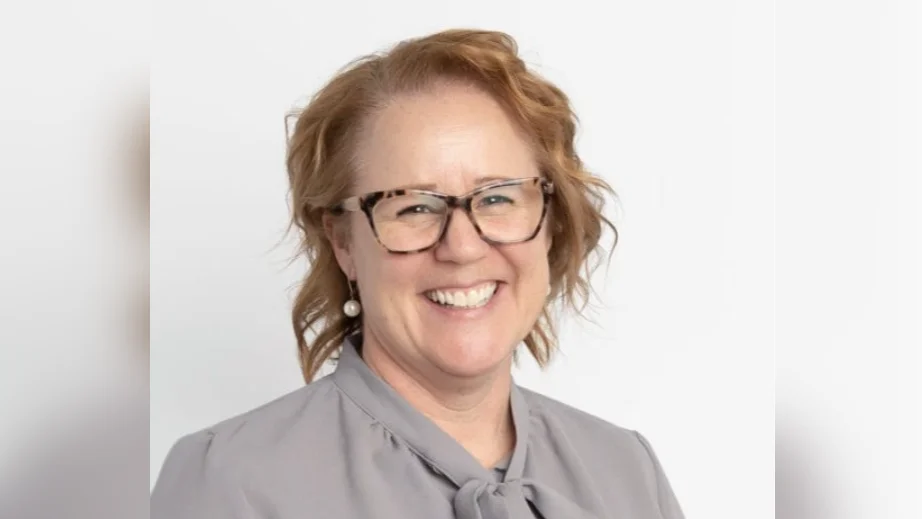Tracy Michaels Board Chair | Official Website
Tracy Michaels Board Chair | Official Website
Measuring liquid medications with household spoons can lead to dosing mistakes, particularly for children. Using milliliters (mL) for dosing ensures safer and more accurate medication measurements, according to experts in Wausau, Wisconsin.
"Using milliliters for dosing liquid medications is important because it ensures we're getting the patient the correct dose," said Olivia Bishop, an Aspirus Pharmacy Resident. Incorrect measurements could result in either overdosing or underdosing patients.
The American Academy of Pediatrics reports that oral liquid medications are involved in over 80 percent of pediatric home medication errors. This underscores the need for standardized dosing practices to prevent serious consequences.
Aspirus pharmacies support national guidelines by providing tools like oral syringes with clear milliliter markings. "You want to make sure you’re using a device that has lines for milliliters so you know you’re getting the exact dose," Bishop advises. She also recommends measuring at eye level when using a dosing cup.
Pharmacists are available to assist caregivers who are uncertain about proper measurement techniques. "You can always ask your pharmacist to walk you through the process," Bishop suggests, adding that practicing with water can help build confidence in using oral syringes or dosing cups.
Aspirus has adopted milliliter-only instructions on prescription labels to enhance clarity and accuracy, reducing common mistakes such as misreading units or misusing household utensils. "You always want to double-check the label and the amount you drew up to make sure it matches the prescribed dose," emphasizes Bishop.
Aspirus encourages families and caregivers to use this safer approach when handling liquid medication dosages. Asking pharmacists for an oral syringe or demonstration during medication pickup is recommended as part of these efforts toward improved patient safety.


 Alerts Sign-up
Alerts Sign-up